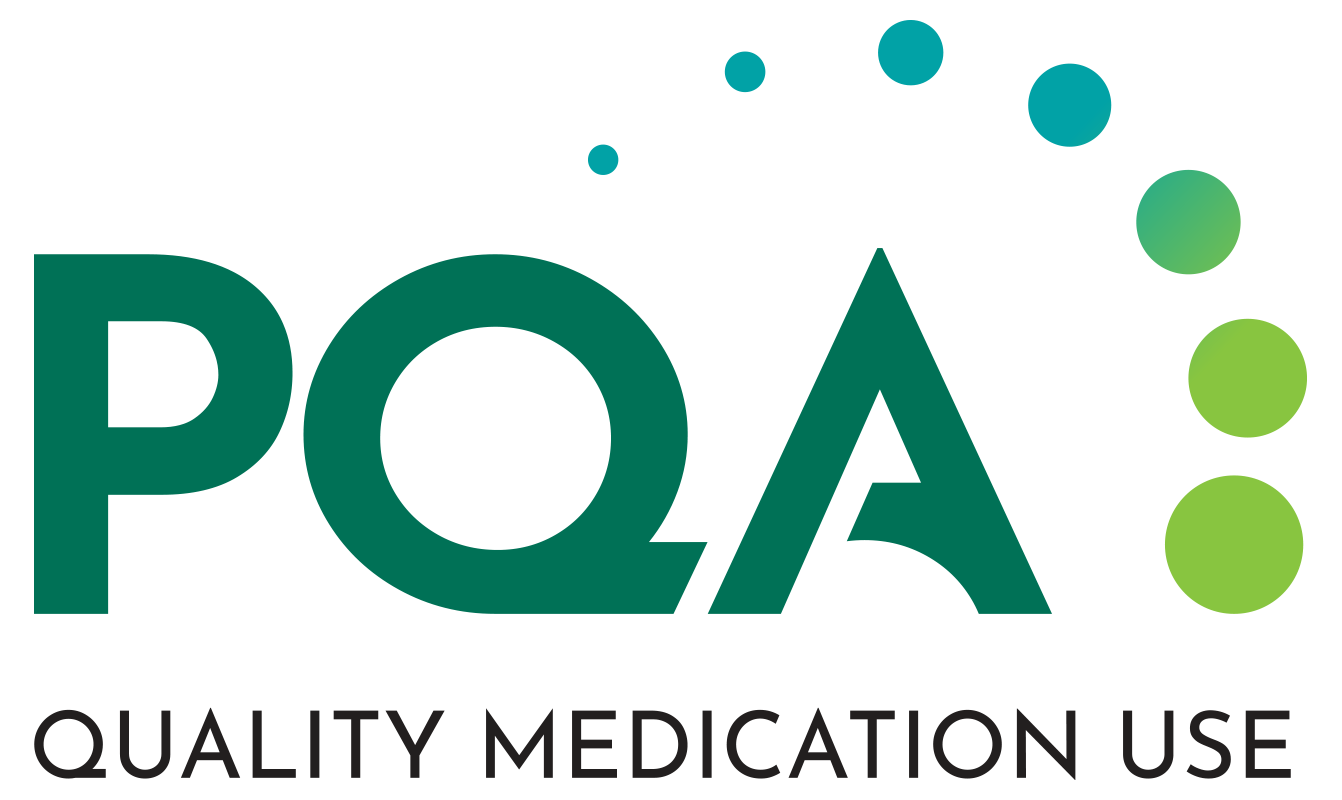
Pharmacy Access and Its Impact on Medicare Beneficiaries

Pharmacy closures are reducing access to medications and services, raising concerns about their impact on patient care, especially for Medicare beneficiaries.
The Pharmacy Quality Alliance (PQA) is dedicated to improving safe, effective, and appropriate medication use and addressing issues that impact an individual's ability to access and use medications.
Access to medications and pharmacy services is important for high-quality, value-based health care. Whether individuals can obtain their medications, use them optimally, maintain proper use, and access related services greatly impacts medication-related outcomes.
Access is a complex issue, and the availability, location, and convenience of community pharmacies and pharmacy services are important factors.
There has been significant news and research on pharmacy closures. The pace of pharmacies closing is outpacing the opening of new pharmacies, according to
The impact on community pharmacy is serious and has been much discussed. Less attention, however, has been devoted to understanding pharmacy closures from the perspective of arguably the most important stakeholders, the patients.
There are 2 notable issues. The first is pharmacy deserts, the areas where individuals must travel significant or costly distances to access medications and pharmacy services. Findings from a recent
The second is the disruptive impact of having to change pharmacies, which can cause patients emotional stress, decrease the use of needed services, and increase the risk of medication therapy problems or nonadherence. The opening and closing of community pharmacies is often referred to as “churn,” and the downstream implications for patients and communities need more study, according to a
These issues are important for all patients, but especially important for Medicare beneficiaries, who are more likely to have multiple chronic conditions and rely heavily on pharmacy services.
To ensure pharmacy access for Medicare Part D beneficiaries, the Centers for Medicare & Medicaid Services requires all Part D plan sponsors to have a sufficient pharmacy network in their service area. The
- At least 90% of Medicare beneficiaries in urban areas served by the Part D plan must live within 2 miles of a network retail pharmacy;
- At least 90% of Medicare beneficiaries in suburban areas served by the Part D plan must live within 5 miles of a network retail pharmacy; and
- At least 70% of Medicare beneficiaries in rural areas served by the Part D plan must live within 15 miles of a network retail pharmacy.
These important standards are designed to ensure patients have adequate pharmacy access. Given the pattern of pharmacy closures and the disruption it may cause for patients, we need to better understand how beneficiaries are affected.
More specifically, what challenges or barriers do patients face when pharmacies close or when they must change pharmacies? Additionally, what impact do pharmacy closures have on beneficiaries’ use of a range of pharmacy services such as immunizations, medication counseling, chronic disease management, health screenings, and treatments?
PQA aims to begin research on pharmacy access in 2026 that will help address these questions.
Understanding these issues can shed light on the impact of pharmacy closures, disruptions to health care access, and whether today’s approach to pharmacy networks meets the needs of beneficiaries in a rapidly changing health care environment.
If your organization is interested in supporting PQA in this work, contact the PQA Quality Innovation and Research Center at QuIRC@PQAalliance.org.
Micah Cost is the CEO of the Pharmacy Quality Alliance (PQA). PQA is dedicated to improving safe, effective, and appropriate medication use and addressing issues that impact individuals' ability to access and use medications. Through quality measurement, research, and education, PQA’s consensus-driven initiatives help improve health care outcomes and lower costs. PQA communications intern Naila Muhammad provided research and writing support for this article.
Newsletter
Pharmacy practice is always changing. Stay ahead of the curve with the Drug Topics newsletter and get the latest drug information, industry trends, and patient care tips.























